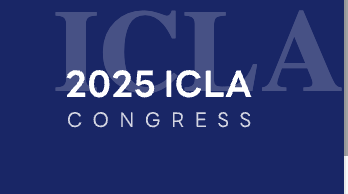
As AI technologies advance, language departments face questions of relevance, while exophonic writing by authors like Jhumpa Lahiri and Yoko Tawada flourishes.
The etymology of the term “exophony”: “exo” (from Ἐξ [ex] = “outside, external”) and “phony” (from Φωνὴ [phōnē] = voice) can be understood as the voice from outside. Yet, what’s "outside"? Every “exo” inherently implies an “endo”.
As Yasemin Yildiz suggests, languages are shaped by nationalistic frameworks that confine their identity to the nation-state with which they are associated. Primarily articulated by Tawada in her 2003 essay Exophony: Travels Beyond the Mother Tongue, exophony aims to transcend such restrictive assignments. However, it remains a theoretically under-explored field, with limited research dedicated to it. While “migrant literature” and “translingualism” engage with related themes, they are not interchangeable concepts. Further investigation could thus unveil new avenues of inquiry and significantly advance this area of study. Additionally, exploring the definition of exophony may serve as a heuristic tool for examining and understanding the evolving landscape of language technologies, particularly in relation to artificial intelligence.
We welcome papers aiming at defining exophony by engaging with, but are not limited to, the following themes:
1. Exophony in the Digital Age: How does the rise of AI-powered translation and language learning tools impact the practice and reception of exophonic writing?
2. The Politics of Linguistic Choice: What are the political and philosophical impacts of writing in a non-native language in AI-driven globalization?
3. Exophony and Translation Studies: How does exophony challenge or complement current approaches to translation, in light of advancing AI translation capabilities?
4. Future of Linguistic Diversity: Reflections on how exophonic practices might influence the preservation and evolution of linguistic diversity in an AI-dominated future.
Languages accepted: English, français
Contact for further information: bcutolo@gradcenter.cuny.edu, anna.bourges-celaries@umontreal.ca
Abstract should be submitted through the ICLA platform: https://icla2025-seoul.kr/en/abstract-submissions/abstract-submissions
EXTENDED DEADLINE: 31st January 2025